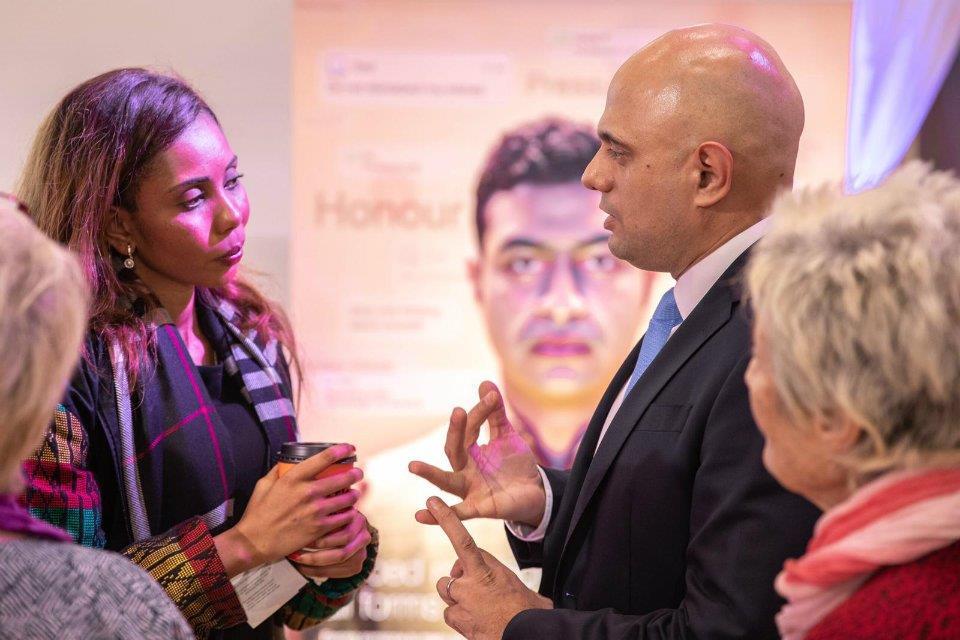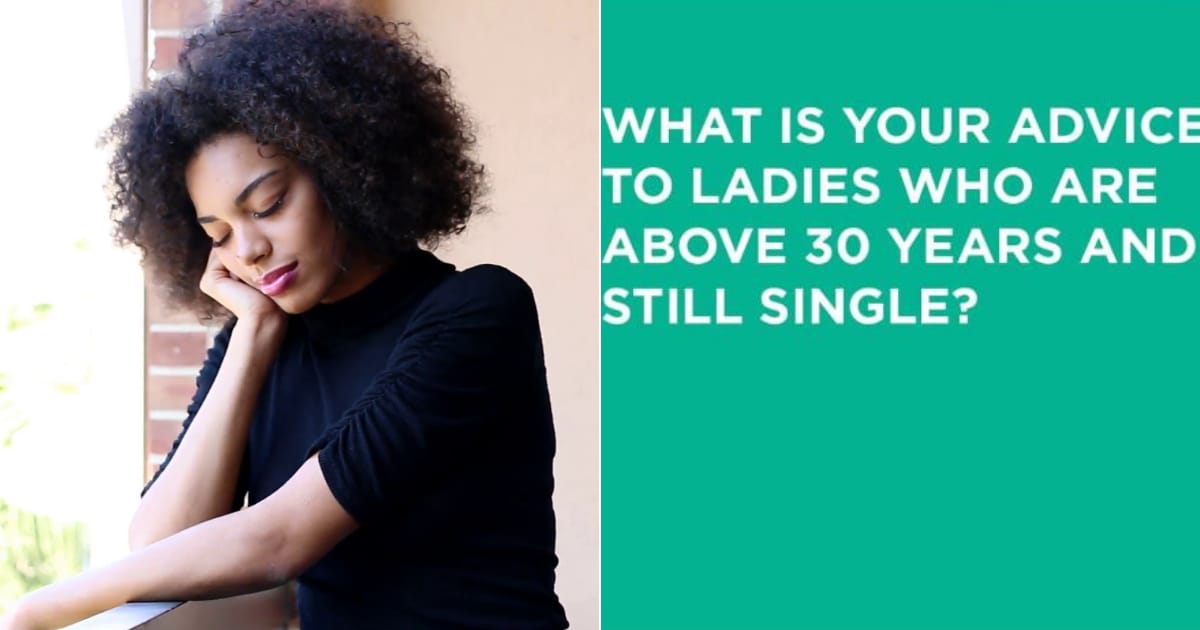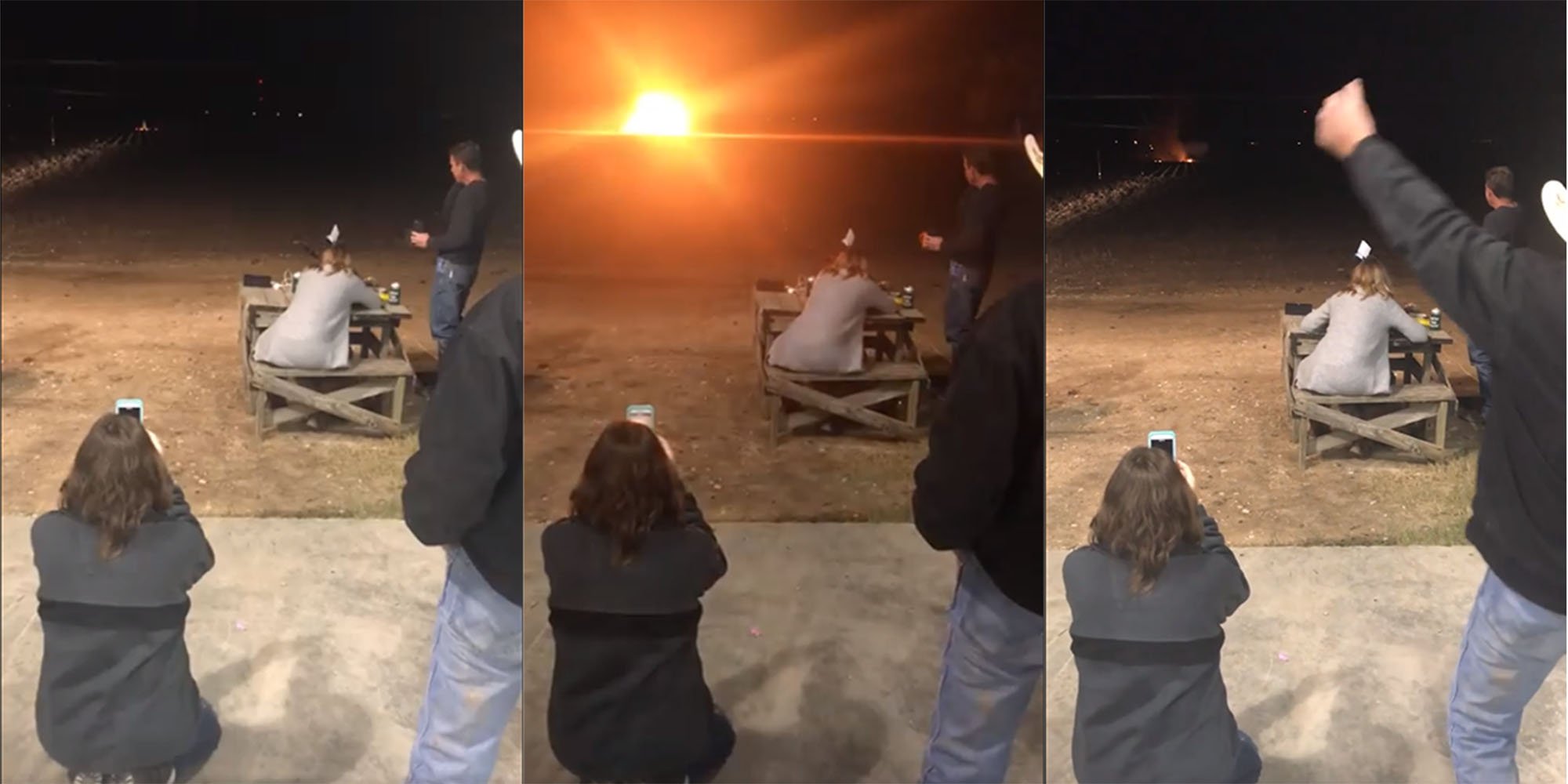The message arrived in the early evening: “I don’t know what to pack”.
Under the pressure of the marriage law postal survey, my close friend felt compelled to come out to his family.
While his siblings and cousins intended to vote Yes in the survey, his parents were less supportive. They reacted as if someone had died and home life became intolerable.
He left his family home and slept on my couch.
Friends sent him messages to express their admiration and visited to demonstrate their love.
Meanwhile, the tenor of the public debate soured almost immediately.
Experts and community leaders had warned of the harms a public vote would inflict but their advice fell on deaf ears. Far from the promised “respectful debate”, television and online media circulated anti-LGBT messages on a daily basis.
An insult to our dignity
For many gender and sexually diverse people the postal vote campaign remains a challenge to process.
Verbal and physical assaults against LGBT people doubled in the aftermath of the survey, accompanied by a dramatic increase in stress, anxiety and depression within the community.
New research indicates gender and sexually diverse people in electorates with more No voters had a particularly difficult time. The health and life satisfaction of LGBT folks in these areas sharply declined.
At the time there was a spike in people accessing mental health services. While the passage of same-sex marriage sent a powerful message, the effects of stigma will likely be felt for some time.
Malcolm Turnbull declared the postal survey was a moment when “every Australian can have a say”. This suggested it was a grand democratic undertaking, but submitting minority rights to a public vote was a grave insult to the dignity of LGBT people.
The Government argued the survey was legitimate because we used a similar process to change our anthem, but measuring the preferences for one song over another is an altogether different thing to asking whether some people should be treated equally before the law.
We achieved equality despite the Coalition
While the Irish referendum was legally necessary, our glorified opinion poll was merely the cost of keeping the Coalition together. It is no surprise, then, that critics have responded to Mr Turnbull’s attempts to claim credit for same-sex marriage for himself and the LNP with anger and derision.
It is a simple fact Parliament could have legalised same-sex marriage at any time just as easily as the Howard government banned it in 2004. Indeed, a majority of Australians have supported same-sex marriage since 2007.
The idea the Coalition “delivered” same-sex marriage has always been a farce. To begin with, the LNP made same-sex marriage illegal before stonewalling a conscience vote for years. Liberal MPs designed the failed plebiscite and subsequent voluntary, non-binding mail survey.
When the historic moment finally came to legalise same-sex marriage, every abstention and the majority of No votes in Parliament were LNP members. The Australian Christian Lobby, one of the leading No groups, even drafted Senator James Paterson’s marriage bill.
Indeed, many of the most ardent supporters of the “No” campaign came from Coalition ranks: Andrew Hastie, Eric Abetz, George Christensen, Kevin Andrews, Matt Canavan, Peter Dutton, Scott Morrison, Tony Abbott and Cory Bernardi, who had by then splintered off to form his own party.
In the end, same-sex marriage was not achieved by Mr Turnbull or the Coalition but in spite of them.
Cheap shots abounded
The immediate winners in the postal survey before voting had even closed were people eager to take cheap shots at LGBT people. Senator Bernardi claimed same-sex marriage was a “radical gay sex agenda” which threatened children.
Bronwyn Bishop compared same-sex marriage to bestiality and killing infants. Archbishop Mark Coleridge compared same-sex marriage to marrying children.
This occurred against the backdrop of a cruel spate of vandalism and assaults. Advocates have since catalogued hundreds of incidents of hate speech in Queensland alone. The mail survey empowered homophobia through a false equivalence.
Memorably, neo-Nazis distributed anti-LGBT posters and a caller praised Hitler’s extermination of gay people on ABC radio. Ironically, conservative pundits complained of a “gay Gestapo” and “loudmouth rainbow fascists”. Meanwhile, Matt Canavan told LGBT people to “grow a spine”.
Some turned the marriage debate into a proxy fight for other issues. John Howard shifted attention to religious freedoms, framing gay marriage as a threat. Mr Abbott claimed it was a vote about “political correctness” while the Coalition for Marriage and the ACL doubled down on transphobic scare-tactics.
The mail survey empowered homophobia through false equivalence. Not only did assaults double, but far-right groups have since continued to target the LGBT community.
We’ve made the best of a bad situation
The pressing question is what to make of this complicated and often-painful experience?
The marriage law postal survey is a disappointing tale of party politics and the dangers of confusing a moral issue with a democratic one.
No doubt securing equal recognition before the law was a valuable advancement of gay rights, but it needn’t have been such a drawn-out and miserable process.
Some feel the “Yes” campaign overemphasised the perceived vulnerability of the LGBT community. Though the damage inflicted by the survey was palpable, this is no story of passive victimhood. It is one of grit and resilience: the overwhelming majority of LGBT people participated in affirmative political activities such as marching or displaying posters.
It was inevitable politicians would desperately try to eke out a legacy from same-sex marriage, but this victory belongs to no politician or party and we should reject all such attempts as self-interested.
The accomplishment belongs to lesbian, gay, bisexual, transgender and intersex people, their family, friends and allies. To the courageous people who made the best out of a bad situation. To those who door-knocked, marched, and even came out.
Joshua Badge is a lecturer in philosophy at Deakin University and an LGBTQ activist. Twitter: joshuabadge.





















